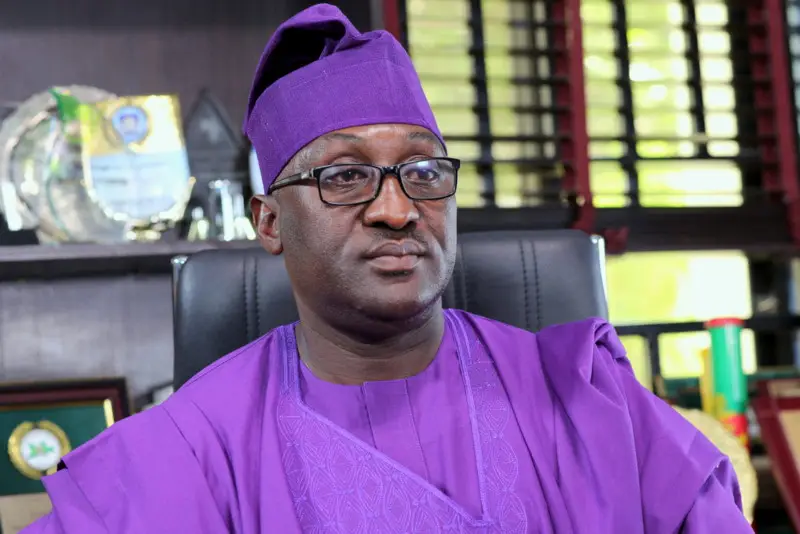Dr Mike Omeri, OFR
Former Director General of the National Orientation Agency (NOA), Nigeria, and Founder of Timbuktoo Media Solutions
Nigeria

During my time as Director General of the National Orientation Agency, (NOA), I worked with a number of public-spirited groups and NGOs, such as the Association of Public Health Workers and the NOA, to mount various campaigns against smoking in public places. Indeed, my work gave me the opportunity to act within very large communities, engaging the public on the importance of behaviour modification for health purposes nationwide.
Through our private company, Timbuktoo Media Solutions, which was established six years ago and managed by my dear wife two years before I left active government service, I’ve continued campaigning on healthy hearts, bringing people together from all walks of life to discuss critical health issues. I’m lucky that my previous work in government has given me access to influential, high-profile people in Nigeria to be part of this work.
One of my main focuses is on smoking cessation among young people. In Abuja, it’s common for young people to get together to watch football matches in beer parlours, salons and open spaces. Here, they share cigarettes and even those that don’t smoke are seriously exposed to secondhand smoke in this environment.
It’s the perfect opportunity for my team and to get out there, handing out information, talking to young people about the dangers of smoking. We tell them if they want to smoke they can do it without subjecting non-smokers. But we also explain the risks the heart and other organs of the body are subjected to. We talk to youngsters who aren’t smoking, telling them about the dangers of passive smoking and encouraging them to move away from smokers within the group.
It’s interesting, as nobody has ever rejected us, or been resentful of us for talking to them. Initial apprehensions are overcome by our style and approach. What usually happens is they either put out their cigarettes or move away from the crowd if they wish to continue smoking in order to satisfy their deadly urge and social habit. On occasions, we get resistance from retailers and bar owners who are sell cigarettes and tobacco because, to them, quitting means reduced sales and no income.
I can relate to smokers as I used to smoke myself – not heavily, just two or three a day. But I realized even this quantity is bad enough to cause system breakdown. In my case I developed a very serious heart condition and after reflecting on my health, future and young family, I decided to quit smoking. It was simple … if I wanted to save my heart, I needed to modify my behaviors. Now after quitting, one of the best feelings I have is when doctors ask me if I smoke I’m always proud to say I don’t. I’ve been free from medication for seven years, and my heart is much better.
I use the above anecdote as one way to encourage others to quit smoking, a habit that is a big part of social life among youths in Nigeria. I see it everywhere, not just in men but women and children too. It’s something of a status symbol for some and for others it’s cultural. What is more we’re also now seeing emergence of shisha smoking clubs where people gather to smoke cigarettes and cigars.
When I speak to young, I always ask what their reasons for smoking are. A common response is peer pressure and lifestyle. I hope my story will inspire young people, either to not take up smoking in the first place, or to quit for good.